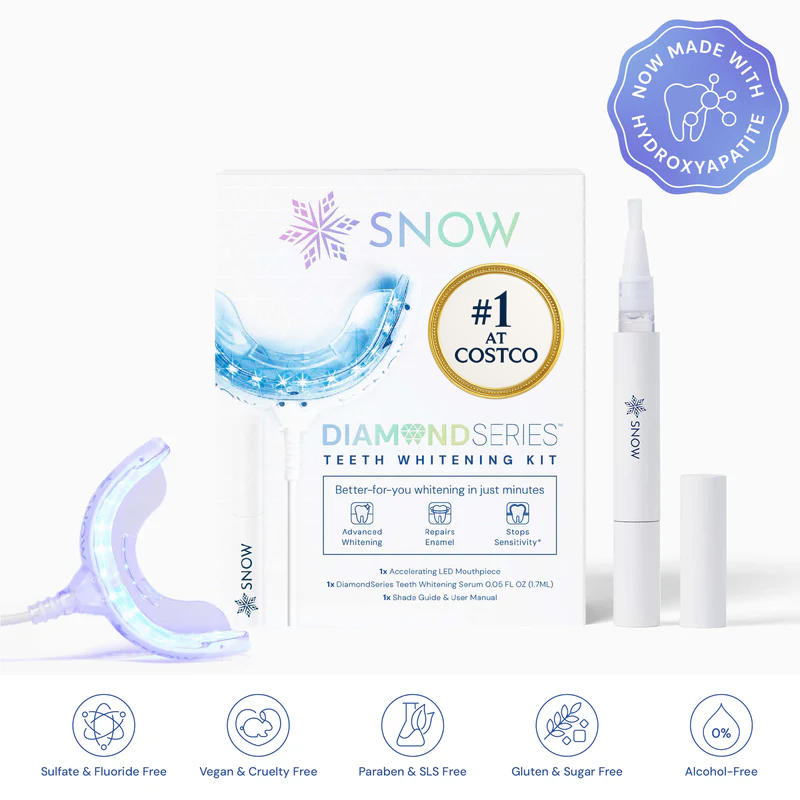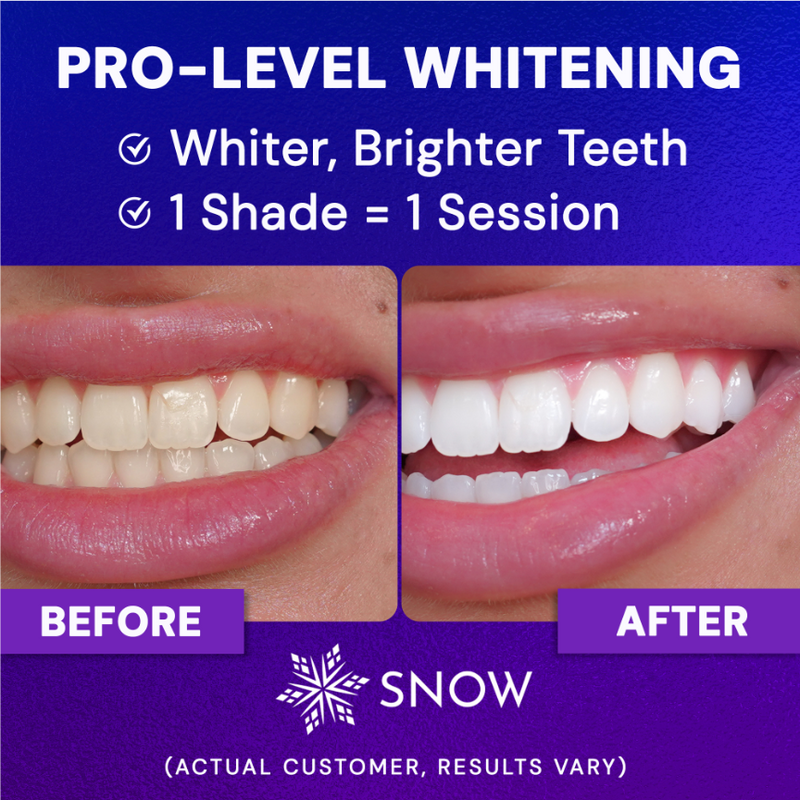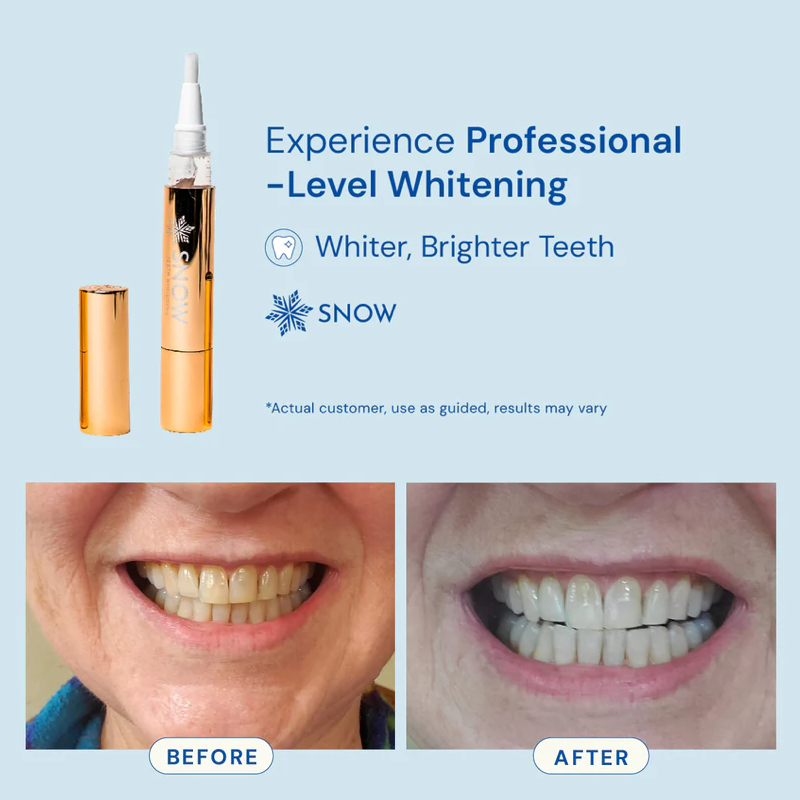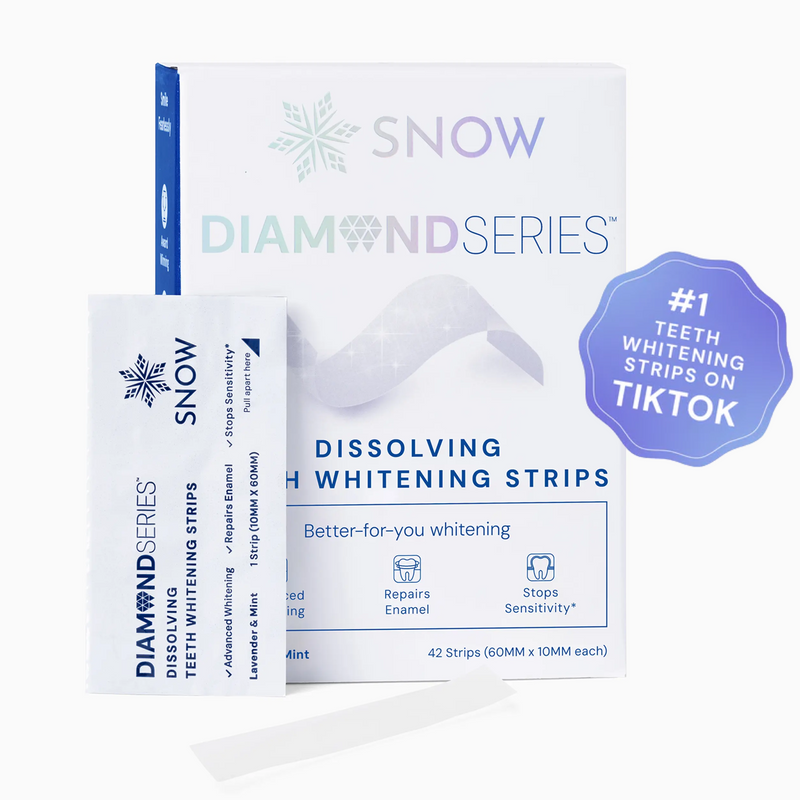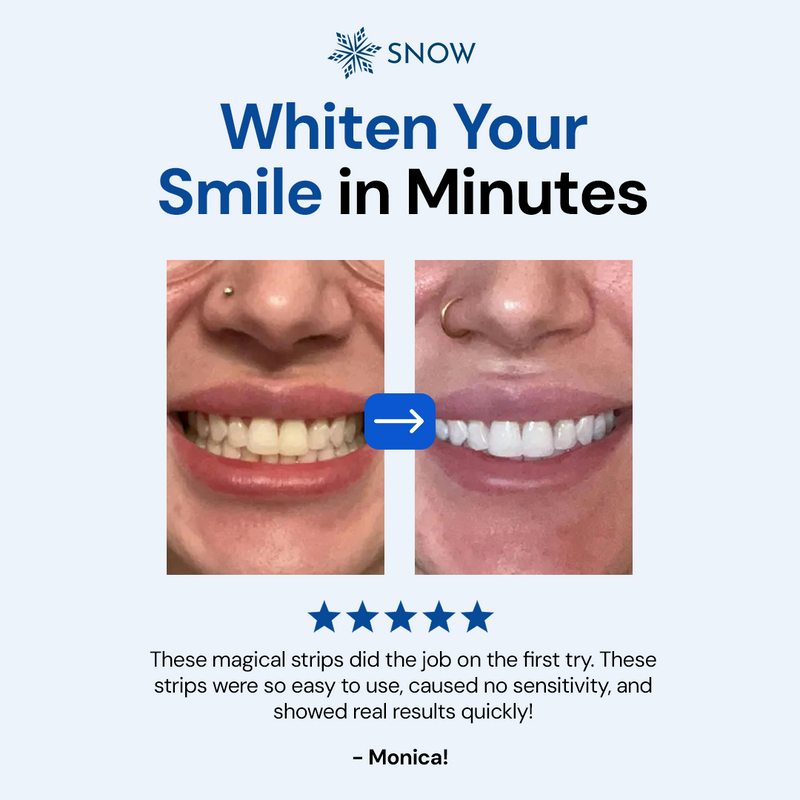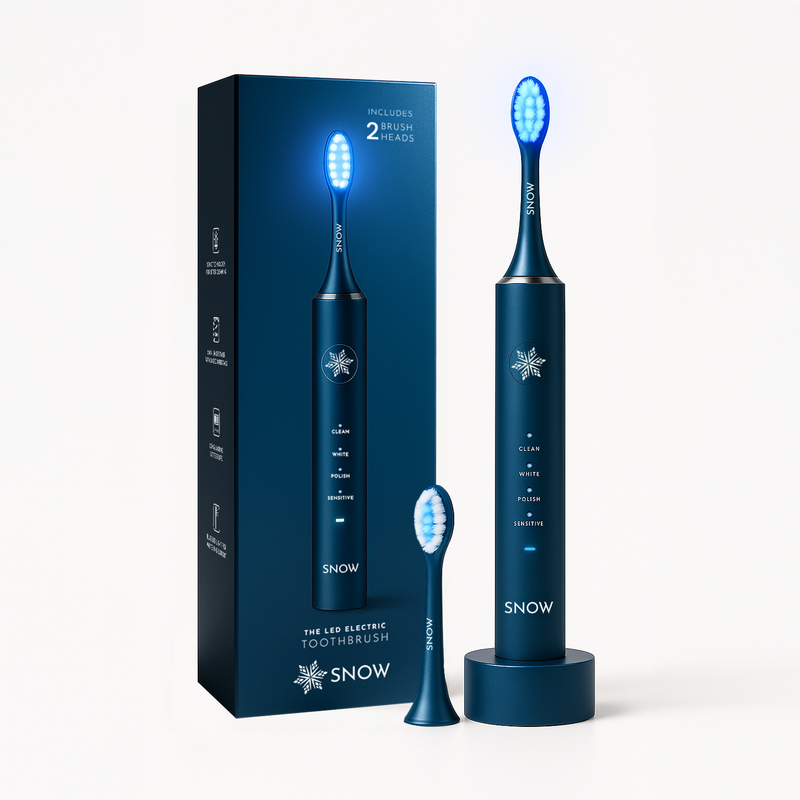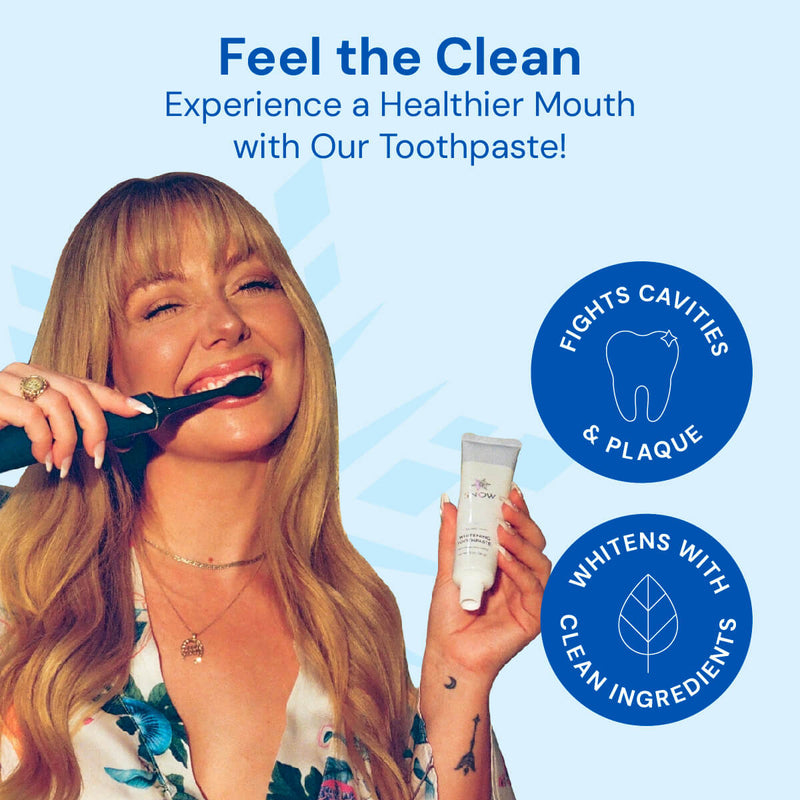If you’ve been wondering whether hydroxyapatite toothpaste is safe, the answer is yes—it’s considered a safe, non-toxic, and highly effective alternative to fluoride. In fact, this naturally occurring mineral is already a major component of your teeth and bones.
Beyond safety, hydroxyapatite also brings real performance benefits. A study showed that toothpaste with higher concentrations of hydroxyapatite (like 15%) significantly improved the whiteness and brightness of teeth. So it’s not just about protection—it’s about visible results, too.
In this guide, we’ll explore the science, safety, and real-world benefits of hydroxyapatite toothpaste, so you can decide if this modern, fluoride-free option is the right fit for your oral health.
Key Takeaways
-
Hydroxyapatite toothpaste is a safe, non-toxic alternative to fluoride, effective for strengthening teeth and preventing cavities without the risk of dental fluorosis.
-
It works by remineralizing enamel, filling fissures, and reducing tooth sensitivity, making it beneficial for all, including children and pregnant women.
-
Clinical studies show that hydroxyapatite’s efficacy in dental care matches or surpasses fluoride, with strong regulatory support for its safety and use.
What Is Hydroxyapatite? (And Why Is It in Toothpaste?)

Hydroxyapatite might sound technical, but it's actually something your body is already familiar with. It’s a natural mineral that makes up most of your teeth and bones, so using it in toothpaste is a smart, safe way to help your mouth stay strong and healthy.
What sets hydroxyapatite apart is that it doesn’t just coat your teeth. It actually bonds with the surface, helping to rebuild weak enamel, repair early damage, and protect sensitive spots. Whether you're recovering from getting braces, trying to prevent plaque buildup, or just looking for an everyday boost, it works in harmony with your body.
Researchers have found that hydroxyapatite can help with:
-
Removing plaque and reducing bacteria
-
Easing tooth sensitivity
-
Strengthening enamel to prevent future damage
-
Gently whitening teeth over time
It’s especially helpful for people who are struggling to keep their braces clean or who are just starting to start flossing consistently. Since hydroxyapatite acts as a direct source of calcium and phosphate, it doesn’t rely on your saliva to be effective. That makes it a great choice for people with dry mouth or other oral health issues.
There are different types of hydroxyapatite in oral care, including micro and nano particles, which can get into those hard-to-reach spots, like between one tooth and the next. You’ll often see it paired with products that support a full dental routine, like oral irrigators, wax covered thread, or when you floss around tight spaces using your index fingers.
And if you're dealing with a 0/1–3 level of decay risk, or brushing after meals but still struggling with 2/1–2 areas of plaque buildup, hydroxyapatite toothpaste can give you that extra edge. It's even gentle enough for kids and safe to swallow, making it ideal for families.
Bottom line: Hydroxyapatite isn’t just a trend. It’s a tried-and-true ingredient that helps repair and protect your teeth, no harsh chemicals needed.
How Does Hydroxyapatite Toothpaste Work?
So how exactly does hydroxyapatite toothpaste help your teeth? It all comes down to how it interacts with enamel, especially when enamel is starting to weaken.
When you eat or drink (especially sugary foods), your mouth’s pH drops. This makes your enamel more vulnerable, allowing minerals to break down and start the decay process. That’s where hydroxyapatite steps in. It releases calcium and phosphate ions, the same building blocks your teeth are made of, and these minerals get to work removing plaque, repairing tiny holes, and rebuilding weak enamel.
What makes hydroxyapatite different from fluoride is how deep it goes. While fluoride mainly helps at the surface, micro and nano hydroxyapatite particles can actually reach deeper into early enamel damage, like white spot lesions, and help restore the enamel from within.
Here’s how hydroxyapatite works in a nutshell:
-
Fills in surface defects and tiny pores in damaged enamel
-
Restores enamel’s strength and structure
-
Reduces sensitivity by covering exposed dentin
-
Helps remove plaque buildup before it leads to cavities
And since hydroxyapatite doesn’t rely on your saliva to provide minerals, it’s especially helpful for people with dry mouth, kids, or anyone just starting to start flossing or learning to keep braces clean. If you're using oral irrigators or wax covered thread to manage tough areas between one tooth and the next, hydroxyapatite helps support those efforts by reinforcing the enamel at every step.
If your dentist has ever talked to you about ICDAS codes (those numbers they use to grade early decay), hydroxyapatite toothpaste is most effective at preventing and repairing early-stage problems, like code 1 or 2. So whether you’re at a 0/1–3 risk level or dealing with early signs of damage, this toothpaste can give your enamel the support it needs.
And yes, it plays nice with the rest of your routine. Whether you use your index fingers to floss, or reach for oral irrigators after meals, hydroxyapatite helps you maintain healthy teeth, prevent plaque buildup, and keep your smile strong.
The Safety Profile of Hydroxyapatite Toothpaste
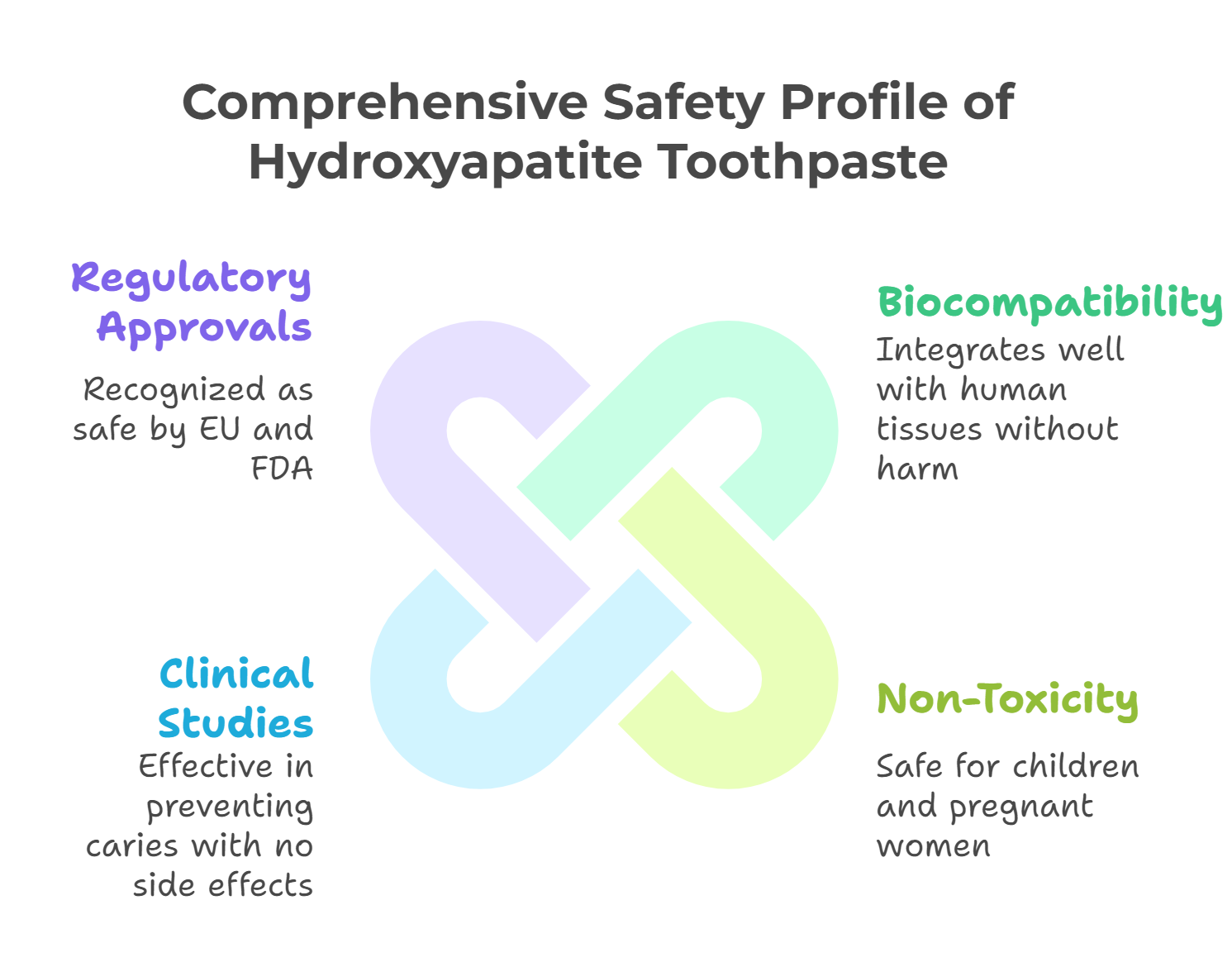
Hydroxyapatite toothpaste is generally safe for most people and carries a low risk of side effects. Its biocompatible hydroxyapatite means it integrates well with human tissues without causing harm, making it a preferred option over fluoride toothpaste, which has associated risks. Hydroxyapatite toothpaste safe for daily use.
A significant advantage of hydroxyapatite toothpaste is its non-toxic nature, making it safe for children and pregnant women. Unlike fluoride toothpaste, which can cause dental fluorosis if overused, hydroxyapatite presents no such risks.
Clinical Studies on Hydroxyapatite Toothpaste Safety
Clinical trials indicate that toothpaste containing hydroxyapatite is as effective as fluoride in preventing caries, with no reported side effects. Hydroxyapatite toothpaste good is safe to consume, non-toxic, and biocompatible, posing no systemic health risks.
Numerous clinical studies highlight the excellent safety profile of hydroxyapatite toothpaste, with no documented adverse effects. The particles do not enter the body through intact gum tissue, ensuring no systemic health concerns.
Regulatory Approvals for Hydroxyapatite Toothpaste
The use of hydroxyapatite in toothpaste has received regulatory approval in various regions, including acknowledgment by the EU Scientific Committee on Consumer Safety (SCCS). The SCCS considers nano hydroxyapatite safe when used at concentrations up to 10% in toothpaste and up to 0.465% in mouthwash.
In the United States, hydroxyapatite is recognized as a safe food additive by the FDA, further supporting its safety. These regulatory approvals confirm the safety of hydroxyapatite toothpaste formulations for oral health.
Why Hydroxyapatite Toothpaste Is Safer Than Fluoride Toothpaste
Many people choose hydroxyapatite toothpaste because it offers a safer approach to oral care compared to fluoride.
Here are the main safety benefits:
-
It is non-toxic and safe to swallow in small amounts
-
It is suitable for children and pregnant women
-
It does not cause dental fluorosis, even with regular use
Fluoride can be effective, but it also comes with risks. Overexposure, especially in young children, may lead to dental or even skeletal fluorosis. Hydroxyapatite avoids these concerns completely, which makes it a good choice for families and anyone who wants a gentler option.
Research also shows that hydroxyapatite can remineralize enamel just as effectively as fluoride. In some cases, it may even perform better because it works deeper into early enamel damage.
There have been occasional reports of increased plaque when switching to hydroxyapatite toothpaste. However, scientific studies have not confirmed this link. No matter which toothpaste you use, brushing thoroughly, cleaning between your teeth, and maintaining regular dental checkups are still essential for preventing plaque buildup.
Addressing Safety Questions About Nano Hydroxyapatite and Plaque Concerns
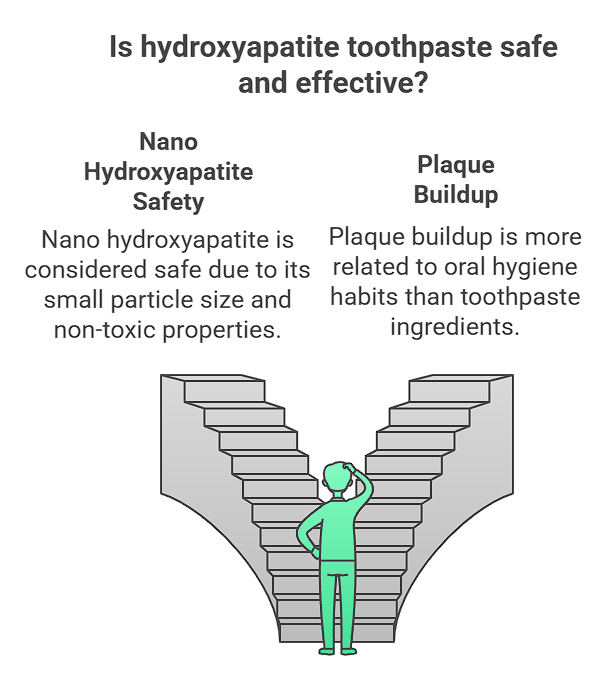
Hydroxyapatite toothpaste is widely regarded as safe, but a few specific questions have come up as more people make the switch from fluoride. Here’s a closer look at two common concerns: nano hydroxyapatite and plaque buildup.
Is Nano Hydroxyapatite Safe?
Yes, nano hydroxyapatite is considered safe for use in dental products. These ultra-small particles are similar in size to natural enamel crystals and are often used because they can reach deeper into weak areas of the enamel.
Studies show that nano hydroxyapatite is non-toxic, does not irritate soft tissues, and does not pose a risk when used in toothpaste. In fact, the smaller particle size improves how well it binds to damaged enamel and helps restore mineral content more effectively than larger particles.
What About Plaque Buildup?
Some users have mentioned noticing more plaque after switching to hydroxyapatite toothpaste. However, research has not found solid evidence that hydroxyapatite causes plaque to build up.
Plaque is mostly linked to brushing habits, flossing frequency, and overall oral hygiene—not the specific ingredients in your toothpaste. If you are brushing twice a day, using floss or oral irrigators, and cleaning between one tooth and the next carefully, you are already taking the right steps to keep plaque under control.
Where to Buy Hydroxyapatite Toothpaste and How Much It Costs
Hydroxyapatite toothpaste isn’t always in your local store, but it’s easy to find online. Most brands sell through their websites or on platforms like Amazon.
One popular option is SNOW®, known for its fluoride-free, nano-hydroxyapatite toothpaste. It includes ingredients like coconut oil and xylitol, and it's made to whiten teeth, strengthen enamel, and reduce sensitivity. Customers love it for daily use and often mention results in just a few brushes.
Prices usually range from $11 to $15 per tube. You can save more by buying bundles or signing up for a subscription.
So if you’re looking for a clean, fluoride-free toothpaste that still gets the job done, hydroxyapatite is a great place to start.
Myths and Facts About Hydroxyapatite Toothpaste
Several myths and misconceptions surround hydroxyapatite toothpaste. Clearing up these misunderstandings is crucial for informed decisions about oral health.
Debunking Common Myths
One common myth is that hydroxyapatite toothpaste is only for those with sensitive teeth. In reality, it benefits anyone looking to strengthen their teeth. Another misconception is that hydroxyapatite is unsafe for long-term use; however, as a natural component of teeth and bones, it is completely safe.
Some believe hydroxyapatite toothpaste does not effectively remineralize enamel, but studies show it can restore demineralized surfaces. Expert testimonials support its efficacy in remineralizing enamel and preventing tooth decay.
Another myth is that hydroxyapatite toothpaste can lead to increased plaque buildup, but research indicates otherwise. It is also beneficial for enamel repair and reducing sensitivity, not just cavity prevention, and can help reverse cavities.
Lastly, some think hydroxyapatite crystal is synthetic, but it is a naturally occurring mineral form of tooth enamel.
Is Hydroxyapatite Toothpaste Safe for Kids, Pregnant Women, and Sensitive Teeth?

Yes, it is. One of the biggest reasons people switch to hydroxyapatite toothpaste is because of how safe and gentle it is. Whether you're shopping for your kids, navigating pregnancy, or dealing with sensitive teeth, this ingredient supports oral health without the risks often linked to fluoride toothpaste.
For Children
Wondering is hydroxyapatite toothpaste safe for kids? It is. This naturally occurring mineral is already found in tooth enamel and bones, so the body recognizes it easily. Unlike fluoridated toothpaste, it does not pose a risk of dental fluorosis if swallowed. That makes it a smart option for young children still learning how to brush and rinse.
Many hydroxyapatite toothpaste formulations also use synthetic hydroxyapatite, which mimics the calcium apatite and phosphate ions already present in growing teeth. Parents looking for an alternative to fluoride that still works for cavity prevention can confidently choose hydroxyapatite containing toothpastes.
For Pregnant Women
Pregnancy is a time when many people pay extra attention to ingredients, especially in dental products. Hydroxyapatite toothpaste offers peace of mind with its biocompatible hydroxyapatite, which helps with strengthening tooth enamel and repairing enamel without introducing harsh chemicals.
It supports oral health benefits like preventing tooth decay, protecting against dental caries, and keeping gum disease in check. Plus, brands that use nano hydroxyapatite particles or zinc hydroxyapatite toothpaste can also help whiten teeth while maintaining a gentle, pregnancy-safe formula.
For Sensitive Teeth
If hot coffee or cold juice makes your teeth ache, nano hydroxyapatite toothpaste may help. The nano sized particles fill in tiny cracks and weakened areas on the tooth surface, acting as a shield for dentin hypersensitivity.
Over time, the hydroxyapatite crystals get to work remineralizing teeth, reinforcing tooth structure, and helping to reverse cavities in their early stages. Clinical studies show that toothpaste containing hydroxyapatite can significantly reduce tooth sensitivity, especially for those dealing with enamel erosion or compromised enamel from diet, habits, or genetics.
Whether you’re using micro hydroxyapatite, nano hap toothpaste, or remineralizing tooth powder, these formulations support maintaining oral hygiene and help strengthen teeth the way your body naturally would.
Final Thoughts
Hydroxyapatite toothpaste is an easy upgrade for your daily routine. It’s safe, effective, and a great choice if you want to avoid fluoride while still protecting your enamel.
If you're curious about where to start, SNOW offers a fluoride-free toothpaste made with nano-hydroxyapatite. It helps whiten, strengthen teeth, and reduce sensitivity, all with a clean ingredient list.
Simple, gentle, and made to keep your smile strong.
Frequently Asked Questions
Is hydroxyapatite toothpaste safe for daily use?
Absolutely, hydroxyapatite toothpaste is safe for daily use and works great for your oral hygiene routine. So go ahead and brush with confidence!
Can hydroxyapatite toothpaste help with tooth sensitivity?
Absolutely, hydroxyapatite toothpaste can be a game-changer for tooth sensitivity! It strengthens enamel and forms a protective layer over sensitive areas, providing comfort and relief.
Is hydroxyapatite toothpaste safe for children and pregnant women?
Absolutely, hydroxyapatite toothpaste is safe for both children and pregnant women since it's non-toxic and biocompatible. You can use it with peace of mind!
How does hydroxyapatite toothpaste compare to fluoride toothpaste in preventing cavities?
Hydroxyapatite toothpaste can be as effective as fluoride toothpaste for remineralizing teeth and preventing cavities. It's a great alternative if you're looking for a non-fluoride option!
Are there any side effects associated with hydroxyapatite toothpaste?
You can feel confident using hydroxyapatite toothpaste, as it's typically safe with very few, if any, side effects reported. It's a great option for maintaining oral health without worrying about harmful reactions















































